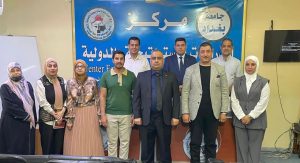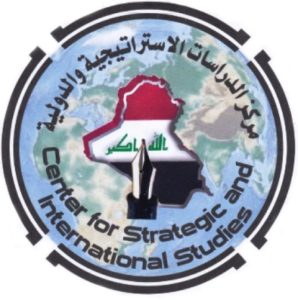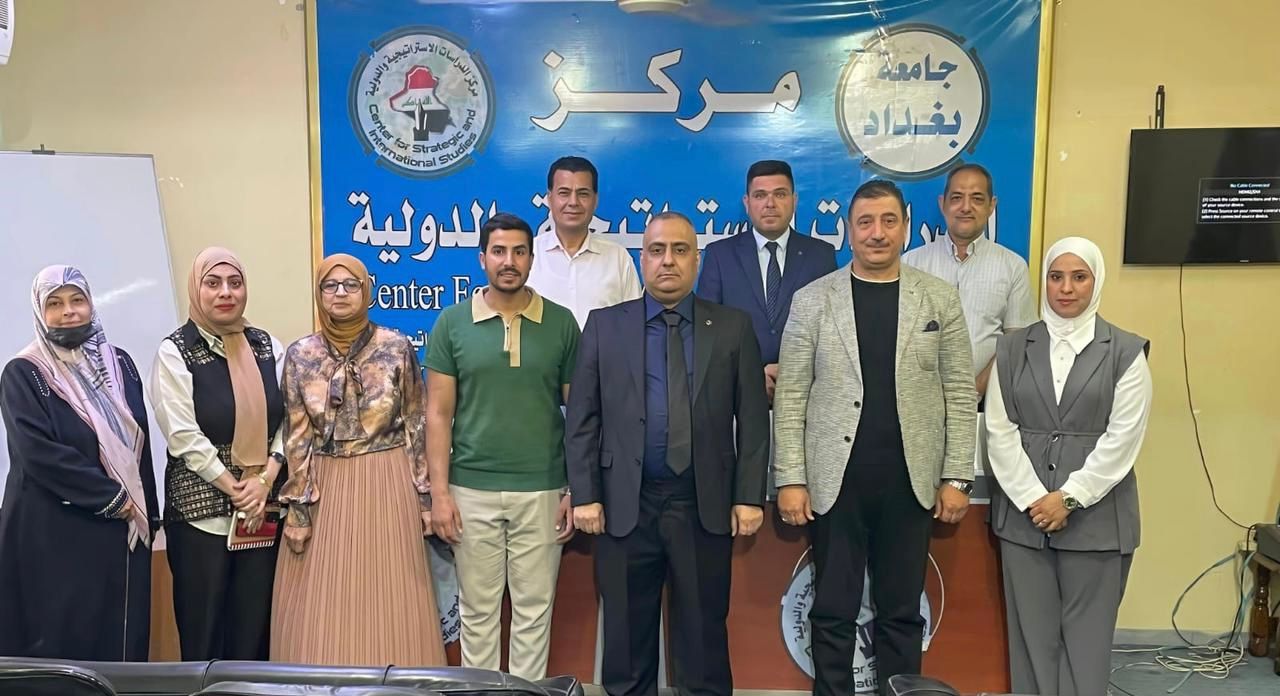As part of the ongoing academic and research collaboration among the institutions of the University of Baghdad, the Center for Strategic and International Studies, in cooperation with the Center for Continuing Education, organized a training course entitled “Scopus Databases and Their Role in the Methodology of Writing Historical Research in the United States and Europe.” The course was held at Babylon Hall on Tuesday and Wednesday, September 30 – October 1, 2025.
The program comprised a series of specialized scientific lectures. On the first day (September 30, 2025), Assistant Professor Dr. Ahmed Abdulwahed Abed Al-Nabi from the Department of Crisis Studies delivered a lecture titled “Scopus Databases and Their Role in the Methodology of Writing Historical Research in the United States.”
The second day (October 1, 2025) included two lectures: the first, delivered by Dr. Samir Mohammed Ismail from the Department of Strategic Studies, was entitled “Scopus Databases and Their Role in the Methodology of Writing Historical Research in Europe.” The second lecture was presented by Assistant Lecturer Ali Hadi Abdullah, who discussed “The 2025 Scopus Journals File for the Humanities.”
The course concluded with several significant outcomes, the most prominent of which were:
- Highlighting the importance of Scopus as a practical and academic framework for researchers in the fields of political and historical studies, particularly in American and European contexts.
- Promoting scientific rigor in reference documentation and fostering engagement with international scholarly research.
- Utilizing citation analysis tools to assess the impact of historical research within the political domain.
- Overcoming linguistic and spatial barriers by engaging with studies published across leading global universities.
The recommendations emphasized that Scopus databases have become an indispensable tool in the preparation of historical and political research. Beyond serving as an indexing platform, Scopus provides analytical insights into citation metrics and research trends, enabling Iraqi scholars to produce more accurate, well-documented, and globally connected studies aligned with the major academic schools of modern and contemporary American and European political history.










